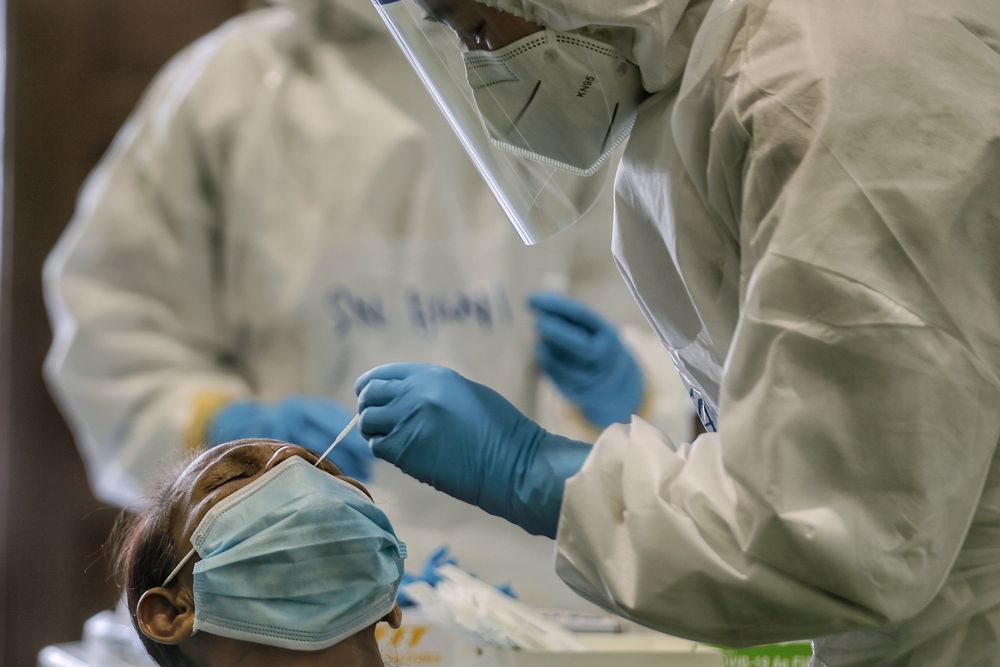KUCHING — The Institute of Health and Community Medicine (IHCM), Universiti Malaysia Sarawak (Unimas) has detected seven Covid-19 cases of the South African Variant of Concern (VOC), B.1.351, in the Kuching District.
Unimas head Professor Dr David Perera said the earliest case was tested positive after Reverse Transcription Polymerase Chain Reaction (RT-PCR) tests on April 26 while the most recent case tested positive on May 6.
He said the seven cases were detected by the IHCM laboratory which has completed genomic sequencing of over 600 samples. The genomic sequence data is shared in the GISAID global SARS-COV-2 sequence database.
“We have also detected additional cases of P3 (Variant of Interest, B.1.1.28.3) in Samarahan and Sibu,” he said in a statement.
Dr Perera said the VOC was first reported in the Philippines in March this year and was recently identified in import cases to the UK.
He said this P3 variant is characterised by a double mutation; the E484K mutation shared with the B.1.351 South African variant and the N501Y mutation shared with the B.1.1.7 UK variant.
He said these mutations have been associated with immune escape from both vaccine-induced and natural infection protection, and greater transmissibility.
“Additionally, we have detected a B.1.530 variant that appears to be dominant in Miri but also seen in Kuching,” he said.
“Our data also shows that the B.1.466.2 ‘Pasai’ variant continues to circulate throughout the state,” he said, referring to an index case in Pasai Song in Sibu spreading the virus to almost 2,700 individuals.
Dr Perera hoped that with the new findings of SARS-COV-2 variants of concern/interest circulating in Sarawak, the public must continue adhering to the standard operating procedures (SOPs) and guidelines, particularly mask-wearing, hand hygiene and physical distancing.

